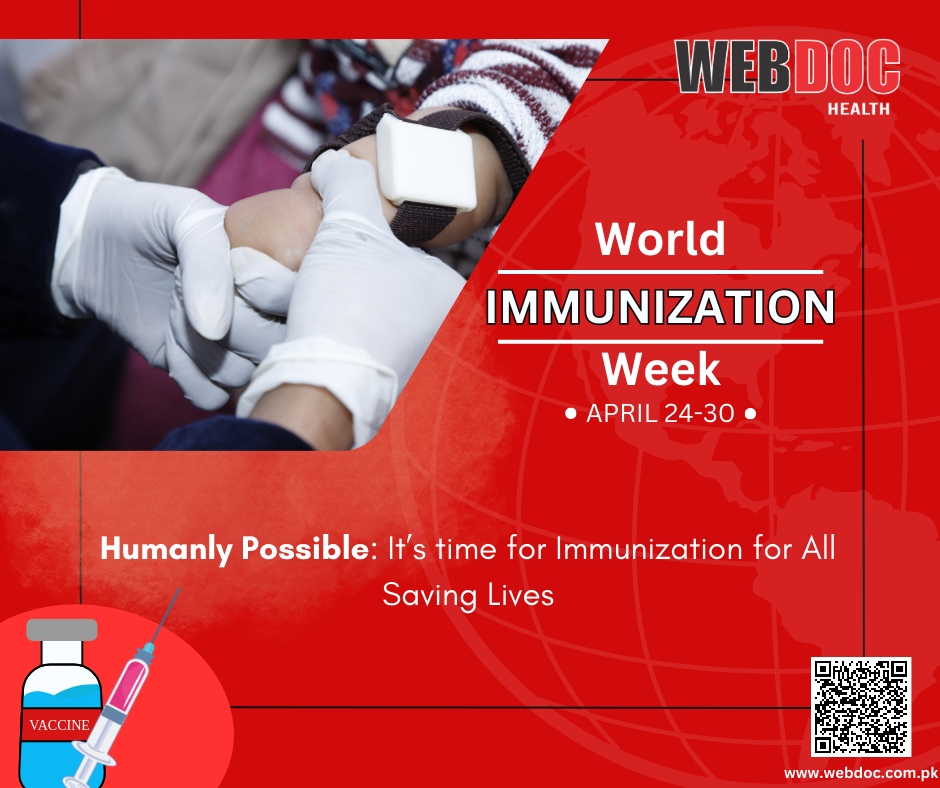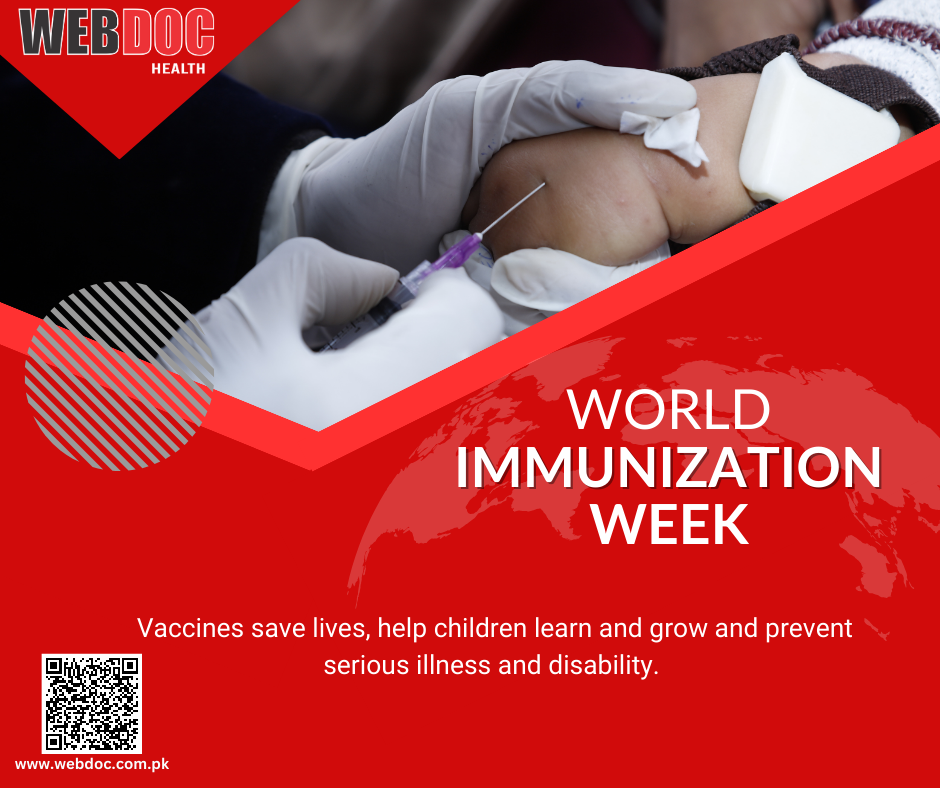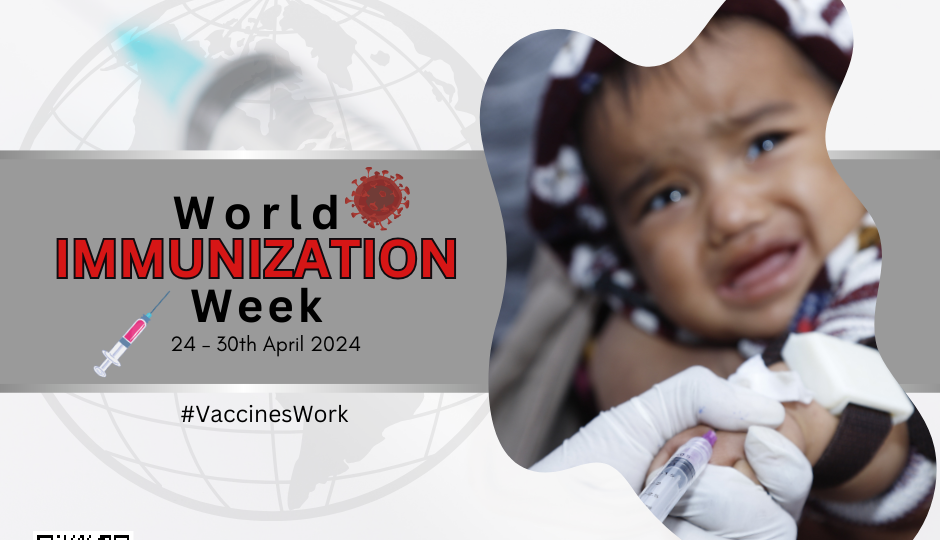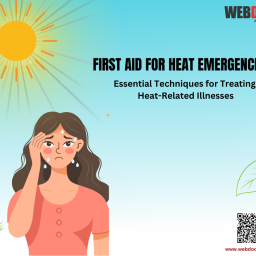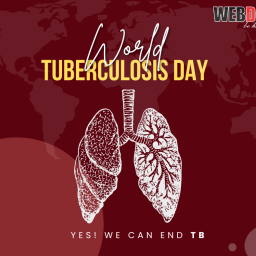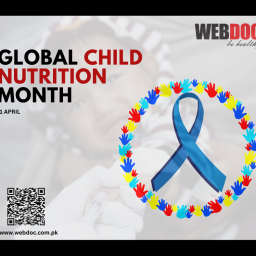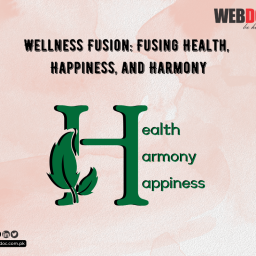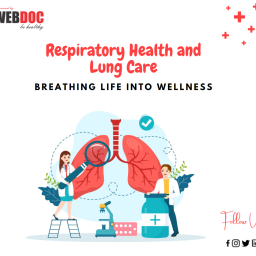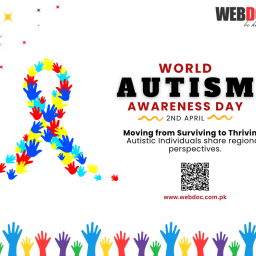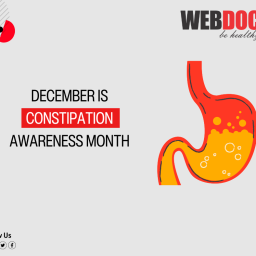A Look into World Immunization Week
Introduction:
World Immunization Week, observed every year in the last week of April, stands as a testament to humanity’s collective efforts in safeguarding global health. This annual initiative, led by the World Health Organization (WHO), serves as a platform to raise awareness about the importance of vaccination and to promote the use of vaccines to protect people of all ages against diseases.
The Significance of Immunization:
Immunization has been hailed as one of the most successful and cost-effective public health interventions in history. Vaccines have saved countless lives, prevented disabilities, and eradicated deadly diseases. From smallpox to polio, vaccines have played a pivotal role in eliminating or drastically reducing the burden of infectious diseases worldwide.
Protecting Vulnerable Populations:
One of the key focuses of World Immunization Week is to ensure that vulnerable populations, including children, the elderly, and those living in remote or underserved areas, have access to life-saving vaccines. Immunization campaigns, outreach programs, and advocacy efforts are essential in reaching these populations and closing the immunization gap.
The Role of Vaccination in Global Health Equity:
World Immunization Week also underscores the importance of achieving equity in vaccine access. Disparities in immunization coverage persist between and within countries, with marginalized communities often bearing the brunt of preventable diseases. Addressing these disparities requires a multi-faceted approach that addresses barriers to access, strengthens health systems, and promotes vaccine literacy.
Combatting Vaccine Hesitancy:
Despite the overwhelming evidence of their efficacy and safety, vaccines continue to face skepticism and resistance from certain groups. Vaccine hesitancy, fueled by misinformation and mistrust, poses a significant challenge to global immunization efforts. World Immunization Week provides an opportunity to address misconceptions, engage with communities, and build trust in vaccines through education and dialogue.
The Impact of COVID-19 on Immunization:
The COVID-19 pandemic has underscored the critical importance of vaccines in safeguarding public health. While efforts to develop and distribute COVID-19 vaccines have been monumental, the pandemic has also disrupted routine immunization services, leading to a resurgence of vaccine-preventable diseases in some regions. World Immunization Week serves as a reminder of the importance of maintaining essential immunization services even in the face of unprecedented challenges.
Innovations in Immunization:
Advancements in vaccine technology and delivery mechanisms continue to drive progress in immunization. From novel vaccine platforms to innovative cold chain solutions, these innovations hold the potential to expand access, improve efficacy, and overcome logistical barriers. World Immunization Week celebrates these achievements while also highlighting the need for continued investment in research and development.
Global Collaboration for Immunization:
Achieving universal immunization requires concerted efforts and collaboration across borders. International partnerships, such as the Global Alliance for Vaccines and Immunization (Gavi) and the COVAX facility, play a crucial role in ensuring equitable access to vaccines and strengthening immunization systems in low- and middle-income countries. World Immunization Week provides a platform for stakeholders from governments, civil society, academia, and the private sector to come together and reaffirm their commitment to global health.
The Road Ahead:
As we commemorate World Immunization Week, it is imperative that we remain steadfast in our commitment to immunize every person, regardless of their socioeconomic status or geographic location. Building on the progress made so far, we must continue to invest in vaccination programs, address inequities in access, and combat vaccine misinformation. By working together, we can ensure a healthier, safer future for generations to come.
Conclusion:
World Immunization Week serves as a reminder of the extraordinary power of vaccines to protect lives and promote health equity. As we navigate the challenges of the 21st century, let us harness this power to build a world where no one is left behind, and where every individual has the opportunity to thrive free from the threat of vaccine-preventable diseases.
